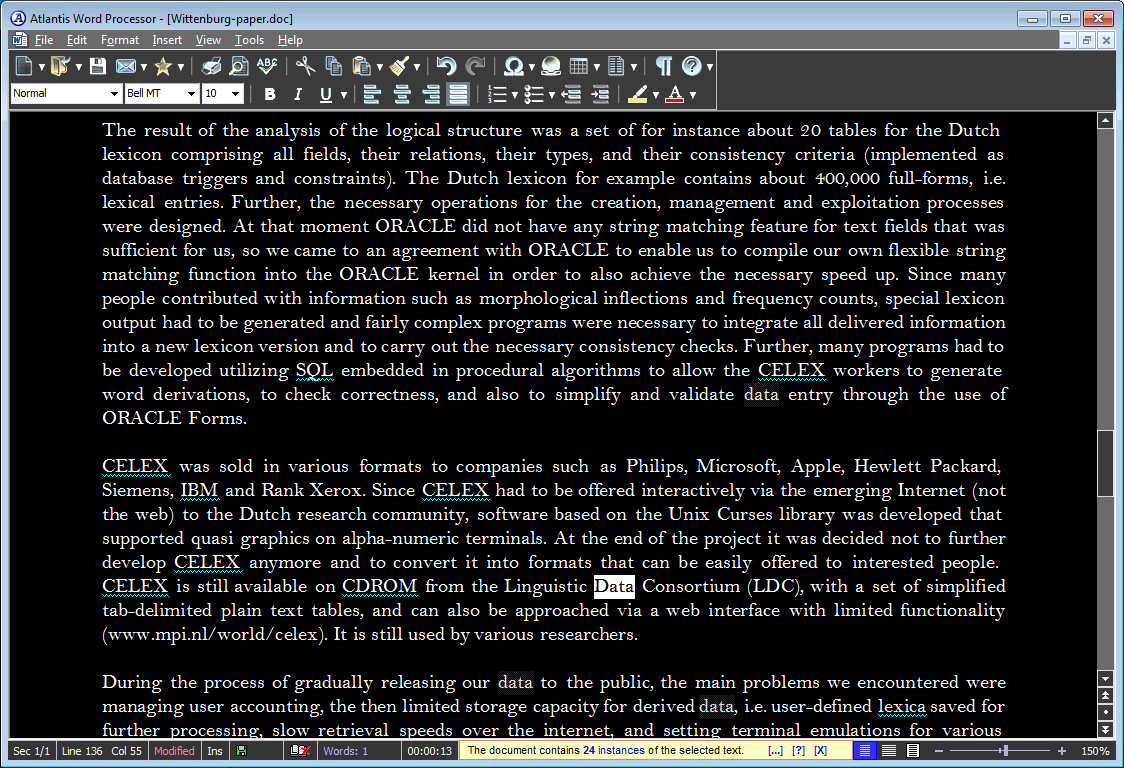


Setup file of Atlantis Word Processor 4.3.0.0 (size: 2.9 MB) (build e7, released on May 7, 2023) Please use the link below to download the setup file of the beta version of Atlantis, and use it to install the beta on your computer: It also includes a number of performance- and stability-related improvements. With the fully-Unicode text processing core, this version adds improved support for international texts. This version is a major update to the Atlantis engine with big changes to a wide range of features and elements of the program. Finally, the limitations of this study inform avenues for future research.Atlantis Word Processor 4.3 is available for betatesting. Implications are provided regarding virtual world task design and the cognitive and affective affordances of virtual worlds for language learning, specifically for classroom contexts. Lexical density was higher when conducting virtual world tasks, and, regardless of the increased cognitive demands posed by the virtual world, participants preferred to undertake tasks in this domain. Instead, task complexity and type had a more considerable influence on these constructs. However, complexity and accuracy were not significantly affected by mode. Results suggest that virtual world tasks may hinder output fluency. This data was also used to provide insight into findings from the quantitative data. Post-task questionnaires were employed to gauge perceptions of task difficulty, and therefore validate the researcher’s presumptions of task complexity. The data were analysed in terms of learners’ output complexity, accuracy and fluency using appropriate measures for each. Quantitative data was collected via transcribing audio recordings of all sessions. Twenty participants (10 dyads) conducted six dialogic tasks, organised by modality into three task-pairs. Thus, the main aim of this study is to explore the potential differences in learner oral performance as they conduct tasks via two oral modalities: within a virtual world and face-to-face.

Additionally, the game-based language teaching (GBLT) sub-field of CALL has focused too narrowly on specific virtual world affordances, overlooking how communicating in such complex domains may affect learner output, particularly in comparison with face-to-face communication. However, research on computer-mediated communication (CMC) has largely ignored the use of virtual worlds as a possible domain for communication. Virtual worlds have been identified as a potentially beneficial domain for language learning due to various cognitive and affective affordances such as immersive content, access to native speakers, and motivating properties.


 0 kommentar(er)
0 kommentar(er)
